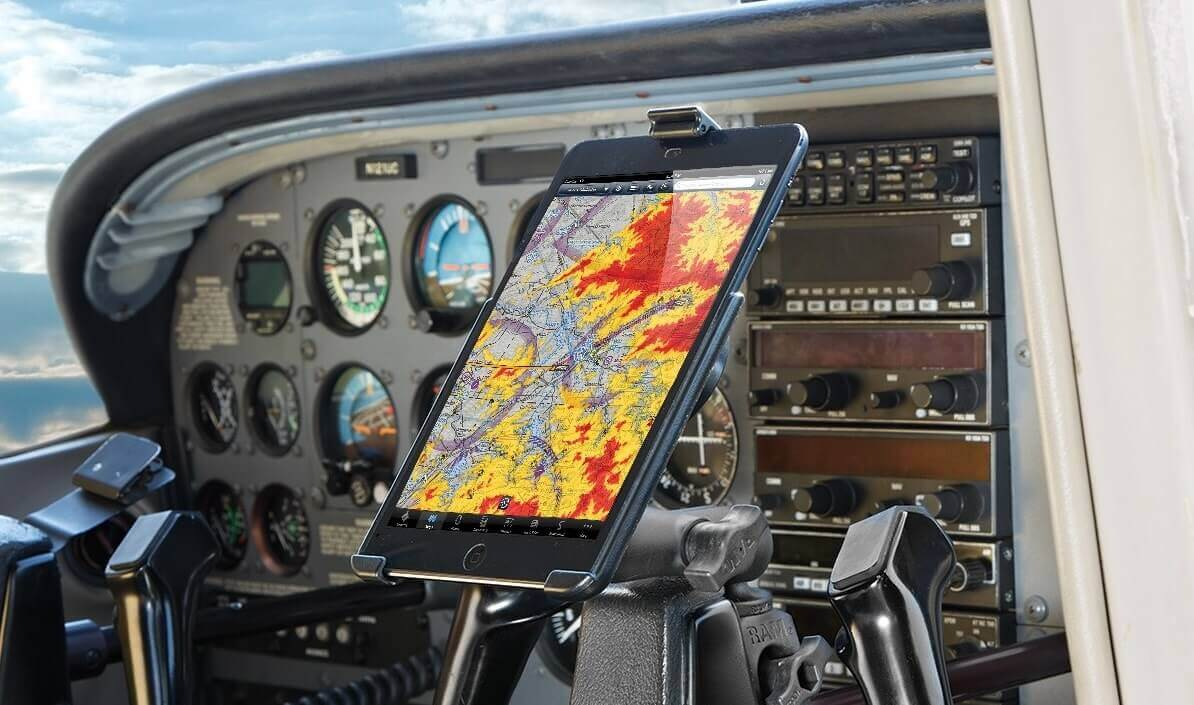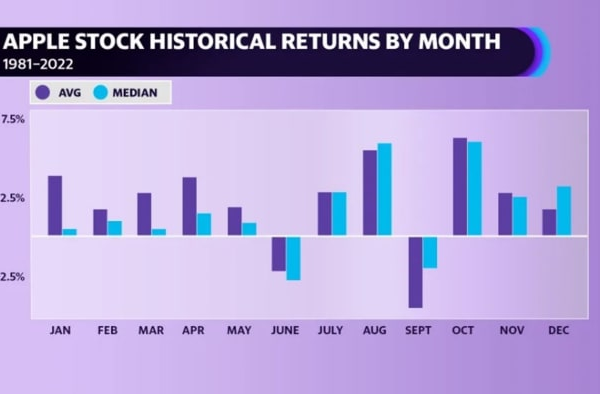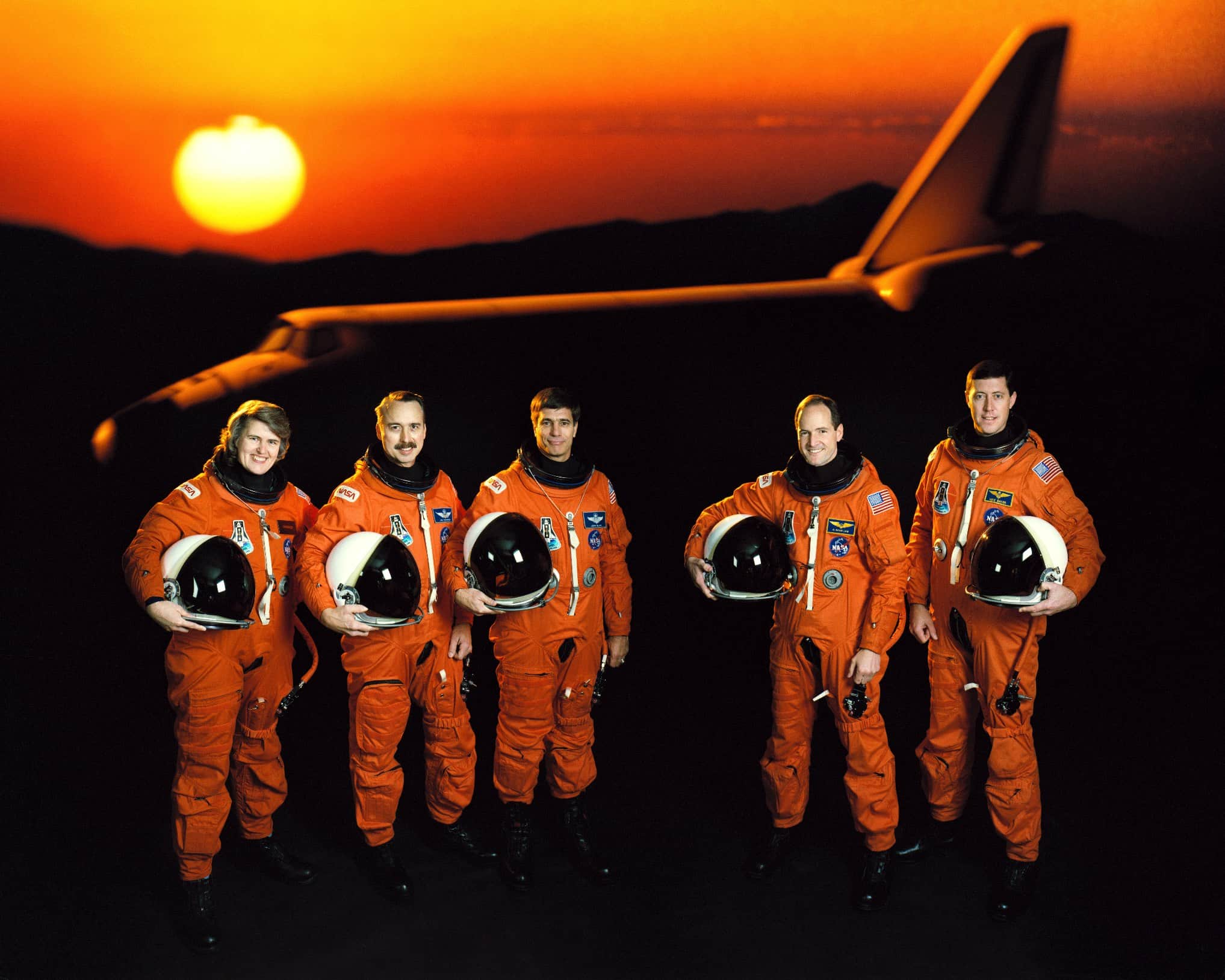iPads for Pilots: Revolutionizing Aviation with Technology

In the evolving landscape of aviation technology, **iPads for pilots** have revolutionized the flying experience, making it not only more efficient but also significantly safer. United Airlines’ groundbreaking initiative to distribute 11,000 iPads to its pilots exemplifies this shift towards a paperless cockpit, dramatically reducing the physical burden of heavy flight bags. This transition not only enhances productivity but also leads to remarkable fuel savings in aviation, with estimates suggesting that the lighter iPads contribute to conserving around 326,000 gallons of jet fuel annually. Furthermore, the use of advanced applications like Jeppesen Mobile FliteDeck on these devices ensures that pilots have real-time access to essential navigation information, streamlining their operations during flights. Overall, the embrace of iPads in aviation underscores an important commitment to innovation and sustainability within the industry.
The integration of tablets in the cockpit represents a significant leap forward in modern aviation practices. By utilizing devices akin to ***iPads for aviation professionals***, airlines can create an ultra-efficient workflow that replaces cumbersome paper manuals with intuitive digital solutions. This transition not only aligns with the industry’s goal of maintaining a *paperless flight deck* but also enhances operational effectiveness by providing pilots with immediate access to crucial flight data. As seen with the **United Airlines iPad rollout**, the adoption of aviation-specific applications redefines the traditional flight deck, offering pilots the necessary tools to improve their navigational capabilities. Ultimately, this innovative shift reflects a broader trend toward technology-driven efficiency and environmental sustainability in the aviation sector.
The Benefits of a Paperless Cockpit for Airlines
Transitioning to a paperless cockpit brings numerous advantages to airlines, not only in terms of environmental sustainability but also operational efficiency. By minimizing the reliance on paper, airlines significantly reduce their carbon footprint, contributing to a more eco-friendly aviation sector. The introduction of iPads for pilots at United Airlines exemplifies this initiative, as the airline projects to save approximately 16 million sheets of paper yearly. This reduction translates to saving about 1,900 trees, showcasing how technology can foster a greener future for aviation.
Moreover, the shift to a paperless cockpit leads to substantial financial savings for airlines. With the implementation of devices like the iPad, which weighs considerably less than traditional pilot flight bags, United Airlines anticipates fuel savings of approximately 326,000 gallons annually. This decrease in weight not only benefits airline costs but also enhances overall flight performance and safety, illustrating the potential of innovations in aviation technology.
Frequently Asked Questions
What are the benefits of using iPads for pilots in a paperless cockpit?
iPads for pilots enhance efficiency in a paperless cockpit by providing instant access to essential flight information. They reduce the physical weight pilots carry, resulting in fuel savings aviation, as seen with United Airlines’ rollout that saved 326,000 gallons of jet fuel annually. Additionally, going paperless cuts down on 16 million sheets of paper each year, significantly benefiting the environment.
How did United Airlines implement iPads for pilots?
United Airlines pioneered the distribution of 11,000 iPads to its pilots to support their paperless flight deck initiative. This move, which included the integration of Jeppesen Mobile FliteDeck, replaced cumbersome flight manuals and improved data accessibility for pilots, exemplifying advancements in aviation technology.
What is Jeppesen Mobile FliteDeck and its role in iPads for pilots?
Jeppesen Mobile FliteDeck is an essential aviation app preloaded on iPads for pilots at United Airlines, providing interactive navigation information and worldwide terminal charts. This app simplifies flight operations by replacing traditional flight manuals that could exceed 12,000 sheets of paper.
What impact did the iPad have on aviation practices when adopted by airlines like United?
The adoption of iPads for pilots, particularly by United Airlines, revolutionized aviation practices by streamlining operations and reducing reliance on paper manuals, marking significant strides in aviation technology and environmental sustainability.
Why is the iPad considered suitable for pilots in modern aviation?
The iPad’s lightweight design and extensive library of applications make it a perfect tool for pilots. Its capabilities enhance flight operation efficiency, ensuring that pilots have real-time access to vital information, thus optimizing the flight deck experience and overall flight safety.
| Key Points | Details |
|---|---|
| Announcement Date | August 23, 2011 – United Airlines announced the distribution of 11,000 iPads to pilots. |
| Purpose | To create a ‘paperless flight deck’ filled with essential data, replacing heavy flight bags. |
| Environmental Impact | Going paperless saves around 16 million sheets of paper annually, reducing the need to cut down 1,900 trees. |
| Fuel Savings | The weight difference (1.5 lbs for iPad vs. 40 lbs for flight bag) saves 326,000 gallons of jet fuel each year. |
| Preloaded Applications | iPads come with Jeppesen Mobile FliteDeck, replacing approximately 12,000 sheets of paper flight manuals. |
| Industry Comparison | While United was not the first to adopt iPads, it made the largest rollout, showcasing iPads’ potential in aviation. |
| Adoption Significance | Capt. Fred Abbott highlighted the importance of pilots having real-time, essential information at their fingertips. |
| iPad Market Success | Despite initial criticism, the iPad became a commercial success, surpassing sales of Apple’s Mac division within a year. |
Summary
iPads for pilots have revolutionized how aviation operates by enabling a paperless flight deck. United Airlines’ initiative to roll out 11,000 iPads to pilots showcases the significant advancements in technology that streamline operations, enhance efficiency, and promote environmental sustainability. With these devices, pilots can access crucial information instantly, resulting in considerable savings for airlines and reduced environmental impact. The successful integration of iPads into the cockpit highlights their versatility and the ongoing evolution of technology in aviation.
You may also like

iOS App Store Success: A Milestone in Digital Distribution


First Email from Space: The Macintosh Portable’s Legacy
Archives
Calendar
| M | T | W | T | F | S | S |
|---|---|---|---|---|---|---|
| 1 | 2 | 3 | 4 | |||
| 5 | 6 | 7 | 8 | 9 | 10 | 11 |
| 12 | 13 | 14 | 15 | 16 | 17 | 18 |
| 19 | 20 | 21 | 22 | 23 | 24 | 25 |
| 26 | 27 | 28 | 29 | 30 | 31 | |